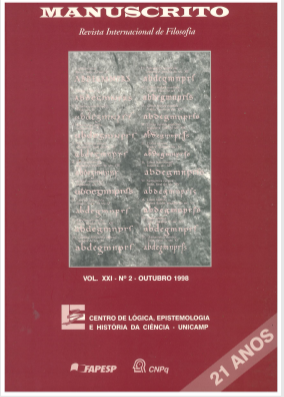Abstract
According to Hornsby. Descartes bequeathed us two main legacies. First, he developed a particular conception of the natural world, of what he called res extensa, as a realm governed entirely by mechanistic principles, and excluding purposeful agents such as human beings along with their actions and mental states. His second legacy was to posit the existence of another kind of substance than res extensa, a type of substance he called res cogitans, and to make some gestures at explaining how such substances could exist within the realm of res extensa. From these parents was born the modern mind-body problem. It is an irony of history, on Hornsby's reading, that of these two legacies, Descartes has been more closely identified with his introduction of mind, or thinking substance. For she finds that it is the former, the picture of the natural world excluding res cogitans, that has been both the most potent and the most damaging in the attempt to understand our place in nature.
References
Hornsby, J. (1997). Simple Mindedness: In Defense of Naive Naturalism in The Philosophy Of Mind. (Cambridge, Mass., Harvard University Press).

This work is licensed under a Creative Commons Attribution 4.0 International License.
Copyright (c) 1998 Manuscrito: Revista Internacional de Filosofia

